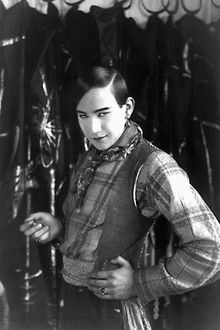When Marie St. Clair believes she has been jilted by her artist fiance Jean, she decides to leave for Paris on her own. After spending a year in the city as a mistress of the wealthy Pierre Revel, she is reunited with Jean by chance. This leaves her with the choice between a glamorous life in Paris, and the true love she left behind.
Related Movies

Thank You for Smoking (2005)
Nick Naylor is a charismatic spin-doctor for Big Tobacco who'll fight to protect America's right to smoke -- even if it kills him -- while still remaining a role model for his 12-year old son. When he incurs the wrath of a senator bent on snuffing out cigarettes, Nick's powers of "filtering the truth" will be put to the test.
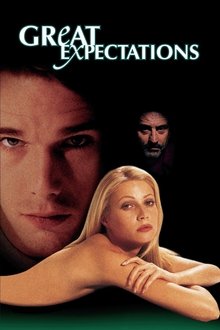
Great Expectations (1998)
Loosely based on the Charles Dickens' classic novel, "Great Expectations" is a sensual tale of a young man's unforgettable passage into manhood, and the three individuals who will undeniably change his life forever. Through the surprising interactions of these vivid characters, "Great Expectations" takes a unique and contemporary look at life's great coincidences.
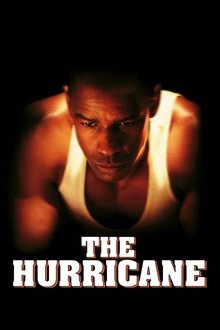
The Hurricane (1999)
The story of Rubin "Hurricane" Carter, a boxer wrongly imprisoned for murder, and the people who aided in his fight to prove his innocence.
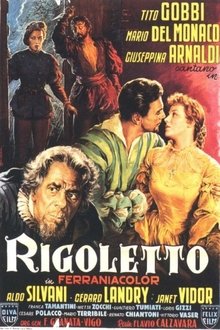
Rigoletto (1946)
This tragic story revolves around the licentious Duke of Mantua, his hunch-backed court jester Rigoletto, and Rigoletto's beautiful daughter Gilda. The opera's original title, La maledizione (The Curse), refers to the curse placed on both the Duke and Rigoletto by a courtier whose daughter had been seduced by the Duke with Rigoletto's encouragement. The curse comes to fruition when Gilda likewise falls in love with the Duke and eventually sacrifices her life to save him from the assassins hired by her father.

The White Rose (1933)
Topping the list of 100 Best Egyptian Films, this classic musical melodrama launched the film career of one of Egypt’s greatest singers and composers, Mohamed Abdel Wahhab. Galal Effendi, the son of an impoverished aristocrat, is forced to leave his studies to seek employment. After a short stint as a clerk, however, Galal discovers his musical talents and finds success as a popular singer. Through its story of upward mobility based on merit rather than influence, the film examines the emergence of Egyptian middle-class identity.

Brother Against Brother (1913)
Two brothers compete for the love of a woman while the impending war threatens to separate them from both sides of the border. Based on the novel "La Débâcle" by Émile Zola.
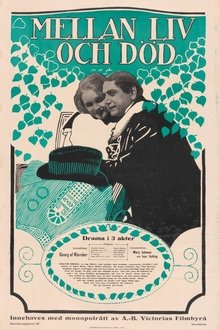
Between Life and Death (1917)
"Between life and death" - Dr Brinck and his assistant Inger Holm spend days and nights in his laboratory to experiment with a revolutionary medical cure for poisoning. Inger Holm is deeply in love with his boss. When the two scientists one day go to bed and visit an outdoor server, Brinck's manufacturer will meet Warren and his daughter Elsa and get an opportunity to help Elsa with a damaged foot. Thanks to him, he is invited to a party in the manufacturer's luxurious home...
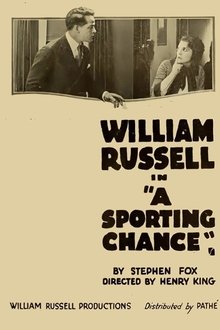
A Sporting Chance (1919)
John Stonehouse (William Russell) checks into a hotel, intending to commit suicide. But instead he winds up helping a girl, Gilberte Bonheur (Fritzi Brunette), out of a jam. He finds her bending over a man who she has apparently killed, and since he's about to kill himself anyway, he offers to assume the blame. Throw a valuable emerald into the works, and the fact that the dead man suddenly comes back to life, and Stonehouse -- not to mention the audience -- becomes thoroughly befuddled by it all. Everything clears up, however, when Gilberte gives him a theater ticket -- it turns out that everything he went through was the plot to a stage play, enacted in real life by the actors. The critics roasted the play, saying it wasn't true to life, and this was their proof that the situations really could happen. Gilberte retires from acting when Stonehouse proposes.
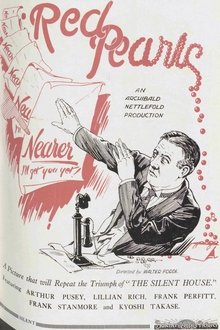
Red Pearls (1930)
A Japanese merchant attempts to drive one of his rivals mad by impersonating a man he had once murdered.
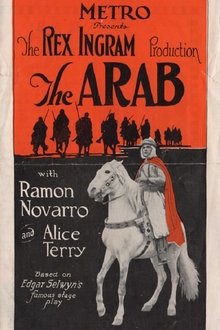
The Arab (1924)
Jamil, a soldier in the Bedouin defense forces during a war between Syria and Turkey, deserts his regiment but later returns to save children of a missionary’s orphanage who are at risk of being enslaved or killed by the Turks.
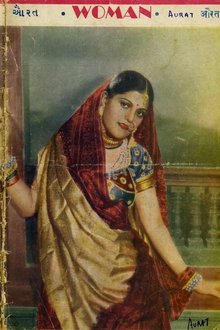
Aurat (1940)
Radha is a resolute mother, who strives hard against poverty and a lecherous money lender to feed her two sons who grew up with contrasting temperament.
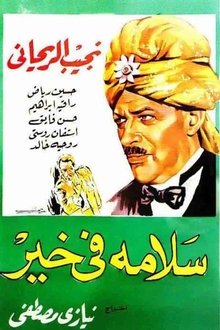
Salama Is Fine (1937)
A courier is sent to deposit a cash amount to the bank but he arrives late. He goes to a hotel to spend the night and keeps the money in the hotel safe, but he gets confused with the Prince of Kandahar and who admires him and insists on keeping this confusion to reveal his enemies.
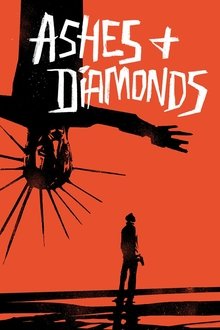
Ashes and Diamonds (1958)
A young academy soldier, Maciek Chelmicki, is ordered to shoot the secretary of the KW PPR. A coincidence causes him to kill someone else. Meeting face to face with his victim, he gets a shock. He faces the necessity of repeating the assassination. He meets Krystyna, a girl working as a barmaid in the restaurant of the "Monopol" hotel. His affection for her makes him even more aware of the senselessness of killing at the end of the war. Loyalty to the oath he took, and thus the obligation to obey the order, tips the scales.
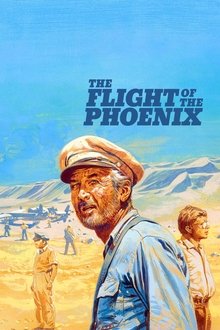
The Flight of the Phoenix (1965)
A cargo aircraft crashes in a sandstorm in the Sahara with less than a dozen men on board. One of the passengers is an airplane designer who comes up with the idea of ripping off the undamaged wing and using it as the basis for a replacement aircraft they need to build before their food and water run out.
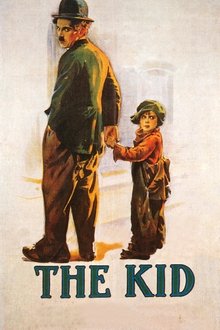
The Kid (1921)
A tramp cares for a boy after he's abandoned as a newborn by his mother. Later the mother has a change of heart and aches to be reunited with her son.

Mistress of a Foreigner (1930)
Tōjin Okichi is a 1930 film by Kenji Mizoguchi based on the novel by Gisaburo Juichiya. Only 4 minutes have survived. The fragment has been published on DVD coupled with The Downfall of Osen (1935) by Digital MEME in 2007.

Khun Hna Sin A Lwan (1990)
Myat Htun, a modest writer, and Khin Mi navigate the challenges of love, parenthood, and conflicting ambitions in this intimate portrait of a marriage under strain.
